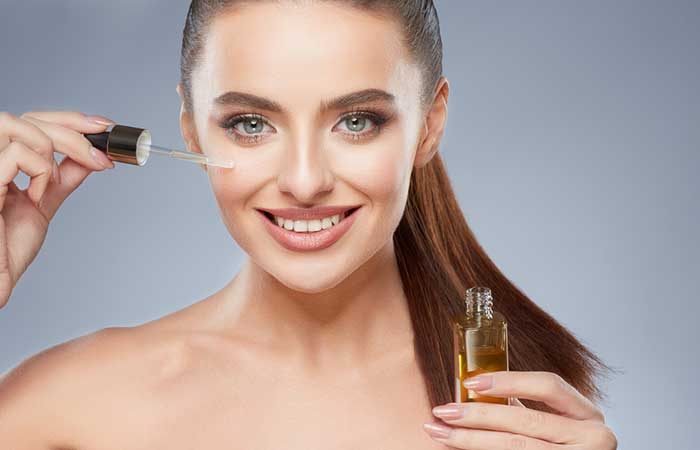
Have you ever wished for chemical-free, natural solutions to enhance your beauty and skincare routine? If so, you might want to consider using essential oils.
In this article, you will learn about the benefits of using essential oils in your beauty and skincare routine — and how to do so safely.
Benefits of Essential Oils
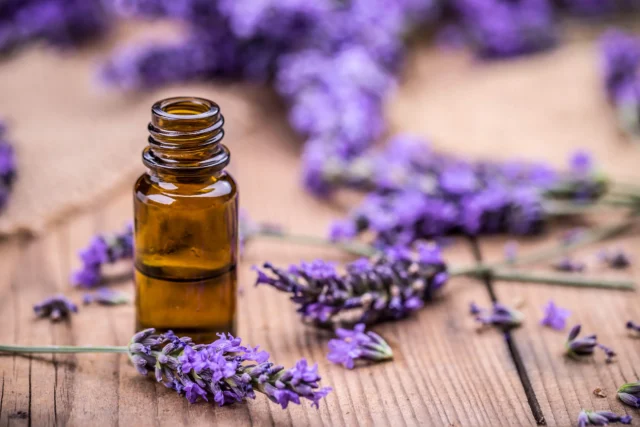
Using essential oils has many benefits for your beauty and skincare routine. Natural essential oils are quickly gaining popularity, not only because they are derived from plants, but also because of the calming and healing scents they can provide. Besides providing a pleasant aroma, essential oils also have a wide range of therapeutic benefits, including antibacterial and antioxidant properties. They can be beneficial for most skin types and provide an array of benefits from crowd-pleasing scents to hydration.
Essential oils are primarily used to stimulate the sense of smell as aromatherapy is becoming an increasingly popular method for combatting stress. The different scent molecules inform the olfactory bulb in the brain which has been shown to have both physiological and psychological effects on our bodies through its close connection to other structures such as the limbic system. Simply inhaling certain scents can induce changes in heart rate, respiration rate, stress levels, hormones, and mood.
Another benefit is that many natural essential oils contain anti-inflammatory properties that can reduce inflammation caused by chronic illnesses or injuries when applied topically or taken orally as supplements. Oils such as lavender oil possess not just antifungal but antiviral qualities which when blended with carriers like shea butter help protect the skin against environmental damage while deeply moisturizing it at the same time!
Skin Care
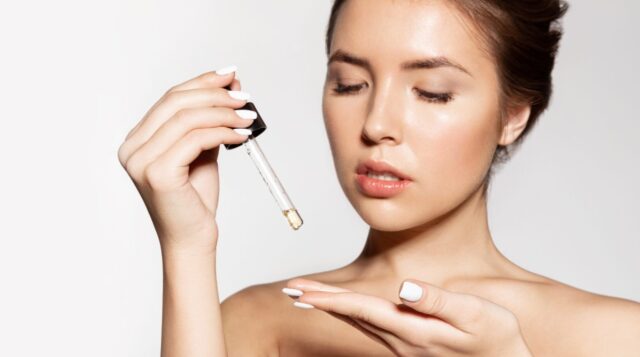
Essential oils can be beneficial when used in skin care, as they have antibacterial and anti-inflammation properties that can help clear acne and other skin issues. Before you start using essential oils it is important to have an understanding of the types of oil and how they work, as well as a proper dilution rate.
They are known for their healing elements such as antiseptic and antimicrobial benefits that can fight bacteria spots in treated areas on your face. There are over 90 essential oils available on the market including chamomile oil which helps reduce redness and calm acne-prone skin; frankincense oil aids in lifting away blemishes; tea tree oil helps remove excess sebum or dirt from pores; lavender which relieves inflammation; geranium oil assists in balancing out the skin’s pH levels; and jojoba helps keep your oil glands under control while hydrating your skin.
In order to use essential oils safely and effectively you need to know how to properly dilute them with a carrier oil (such as coconut and olive) so that you don’t cause irritation. The best way is to combine up to 12 drops of essential oil per one ounce (30ml) of carrier oil for topical use but always do a spot test before applying any blend over larger areas. Doing this will allow you to benefit from the many healing properties while avoiding side effects like rash or dryness.
Hair Care
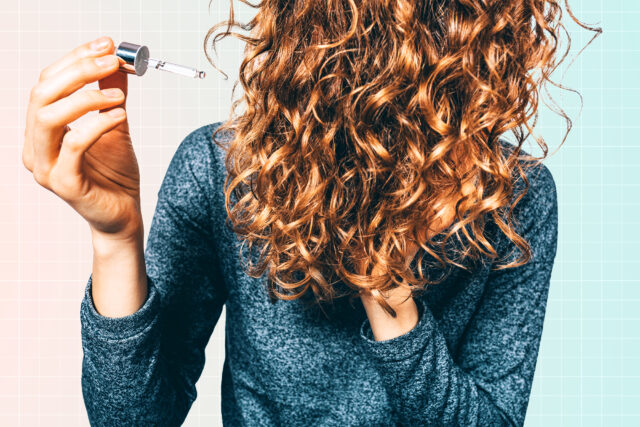
Depending on the type of oil used, the hair benefits range from using them as a detergent-free shampoo, helping with scalp and dandruff conditions, providing a natural gloss and shine to helping keep hair in place with light hold for styling. They also provide a pleasant aroma and may help provide conditioning or moisturizing to the hair follicles and scalp.
The most common essential oils for hair care are lavender, rosemary, ylang-ylang, and peppermint. Lavender helps promote healthy growth, aids in controlling dandruff improves the condition of dry or damaged hair, and balances sebum production on the scalp. Rosemary strengthens the strands of your hair, protects against premature graying, and stimulates growth. Ylang Ylang can be used to reduce oiliness in both scalp and hair, providing shine to dull tresses while smoothing down frizziness. Peppermint has powerful antiseptic properties that help define curls while working as an astringent that unifies both mind and body as you treat your head in this all-natural treatment.
Makeup
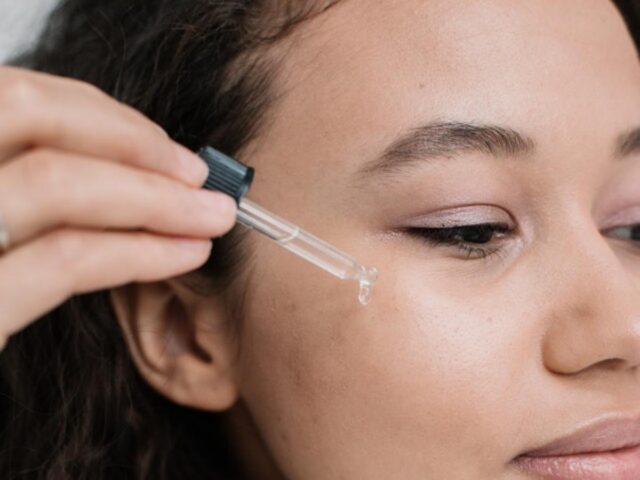
Here are some essential oils that may help improve the appearance of your skin when added to your makeup:
- Lavender oil: This oil is known for its calming and anti-inflammatory properties making it ideal for moisturizing the skin before adding foundation or tinted moisturizer.
- Rose Hip Oil: Rich in antioxidants like Omega 6 fatty acids and Vitamin E, this oil is great for adding moisture while reducing redness or puffiness associated with other oils.
- Jojoba Oil: Light textured and non-greasy, jojoba oil helps minimize breakouts while also adding nourishment to the skin. It can also help reduce shine on oily skin types as a mattifying base before applying foundation or powdered blushes or bronzers.
- Tea Tree Oil: This highly antiseptic oil balances acne-prone skin when mixed in with moisturizers or toners used prior to makeup application. It is best mixed with jojoba oil due to it’s strong aroma.
Tips for Incorporating Essential Oils into Your Beauty Routine
Before beginning any new skincare routine, it’s important to read up on the specific oil you’re going to be using to learn about its characteristics. Different oils offer different benefits, so it is important to know how each will affect your skin type before you begin using them. Additionally, some essential oils may cause irritation if applied straight onto the skin or if too much of the oil is used at one time. So be sure to do your research and practice caution when selecting essential oils.
Next up is dilution – this step is extremely important when it comes to safely adding essential oils into your skincare routine! This will help reduce potential irritation or sensitivity reactions caused by the direct application of pure essential oil onto the skin. n.
Finally, start slowly – use only one or two drops of an appropriate mix of two or three different essential oils for each application so that you can gradually build up comfort levels as well as tolerance towards any potential reactions over time before transitioning into full-fledged aromatherapy sessions!
Conclusion
Although there are many different oils and methods to choose from, the most important factor is that you feel confident and satisfied with whatever combination works best for you. With safety in mind, start experimenting with different essential oil combinations today!









